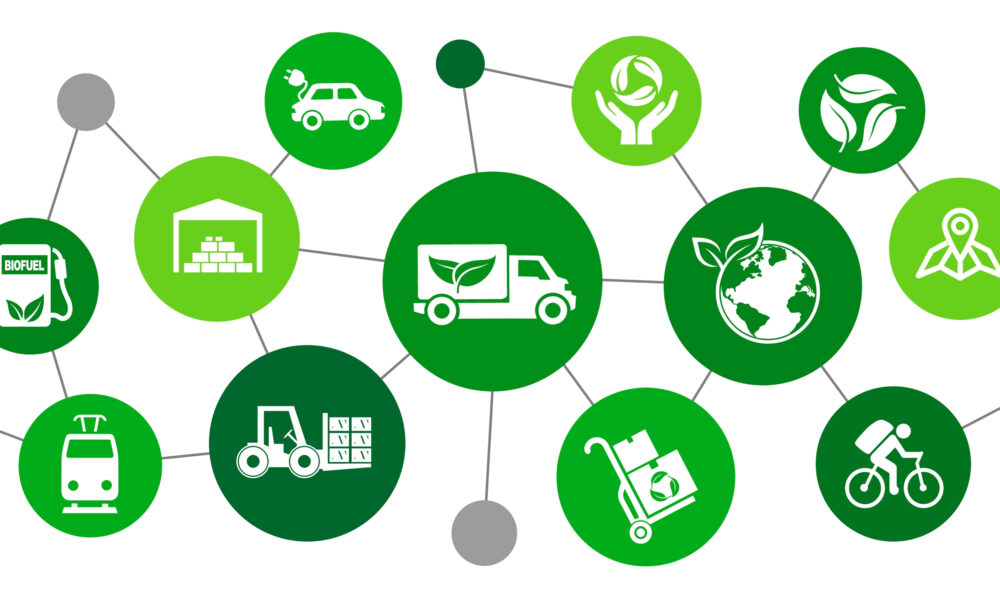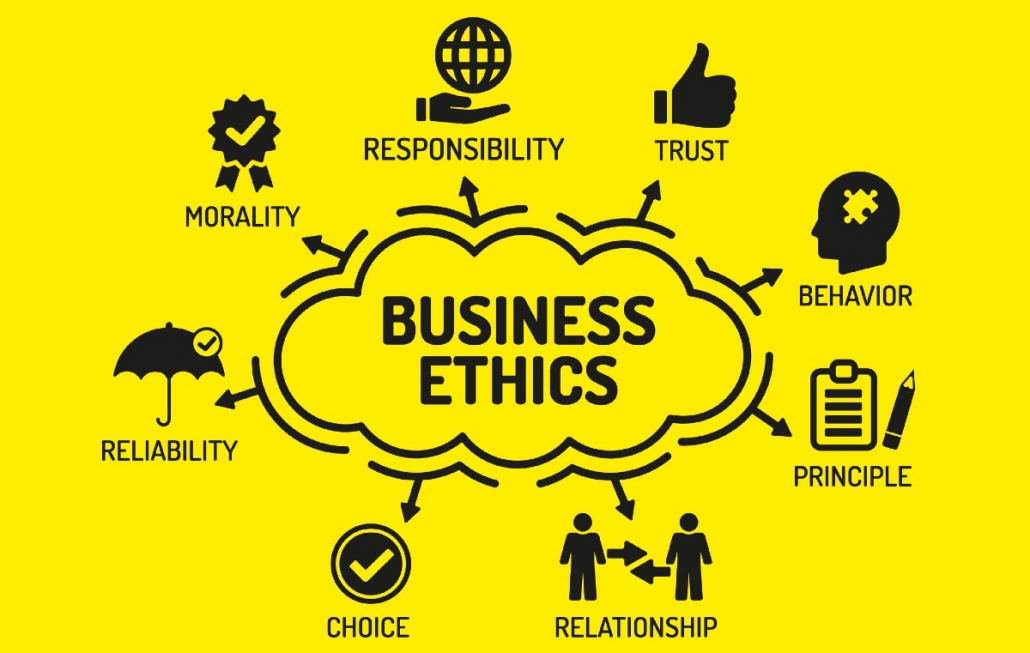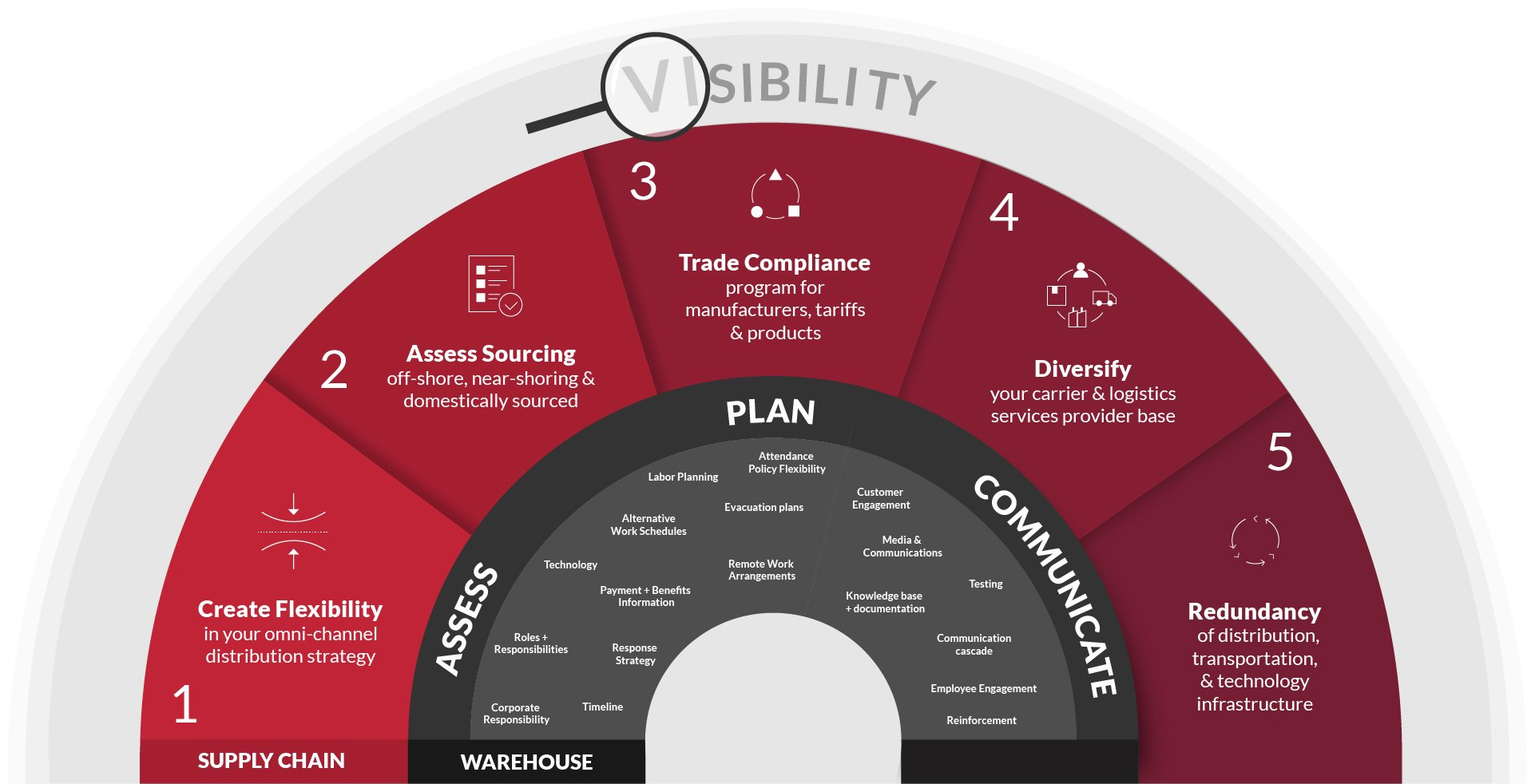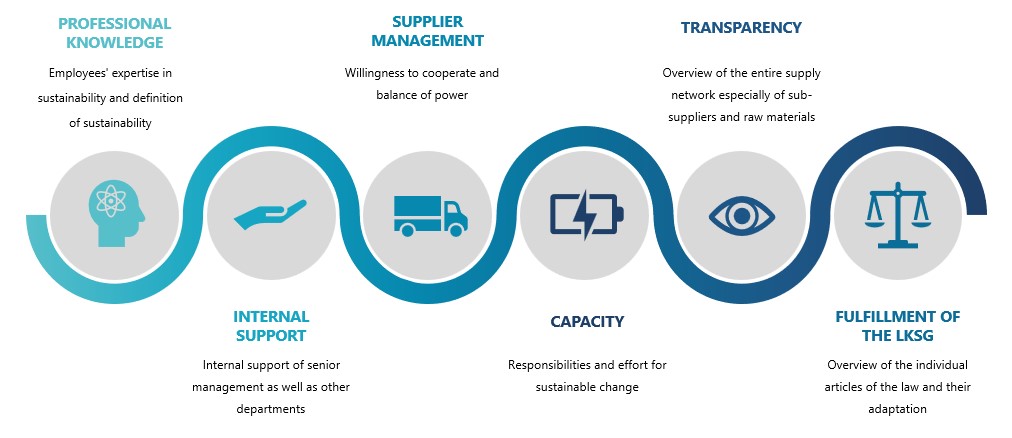In today's interconnected world, sustainability is crucial, and businesses are realizing the significance of incorporating sustainable practices in their supply chains. A sustainable supply chain integrates environmental, social, and economic factors into all stages of production and distribution. By prioritizing sustainability, organizations not only reduce their environmental impact but also promote positive social transformation and achieve long-term business prosperity.
Environmental Stewardship
By implementing sustainable sourcing
practices, businesses can significantly reduce their carbon footprint and
preserve our valuable natural resources. Embracing renewable energy sources and
leveraging energy-efficient technologies further minimizes the environmental
impact. Additionally, promoting waste reduction and implementing recycling
initiatives supports the transition toward a circular economy.
Ethical Supplier Relationships
By conducting thorough
supplier assessments, businesses can ensure that their suppliers adhere to
environmental and social responsibility standards. Emphasizing fair labor
practices and optimal working conditions throughout the supply chain is
crucial. Furthermore, promoting transparency and traceability helps eradicate
unethical practices like child labor and forced labor.
Collaboration and Innovation
Joining forces with suppliers,
partners, and stakeholders to create a sustainable supply chain ecosystem that
promotes teamwork and knowledge sharing. Encouraging out-of-the-box thinking to
discover eco-friendly alternatives, materials, and manufacturing methods.
Embracing cutting-edge technologies like blockchain and IoT to boost
transparency and insight in the supply chain.
Risk Management and Resilience
Taking proactive measures to
identify and address environmental and social risks in the supply chain,
promoting responsible and sustainable practices. Developing contingency
strategies to navigate disruptions, climate-related events, and natural
calamities effectively. Enhancing resilience by fostering supplier diversity
and implementing robust supply chain management systems for seamless operations
and adaptability.
Stakeholder Engagement and Communication
Involving customers,
employees, investors, and communities in championing sustainable practices and
generating support. Transparently communicating the organization's unwavering
commitment to sustainability through comprehensive reporting and disclosure.
Actively seeking valuable feedback and input from stakeholders to drive
continuous improvement, accountability, and positive change.
A sustainable supply chain is
not just a trendy phrase; it is a vital strategy for businesses striving for
long-term success. By adopting eco-friendly practices, ethical conduct,
cooperation, and ingenuity, organizations can establish strong and socially
conscious supply chains. Though the path to sustainability presents obstacles,
the benefits are substantial: safeguarding the environment, boosting brand
image, and securing a prosperous future for generations to follow.
"Building a sustainable
supply chain is not just about profits, but about fostering environmental
responsibility and ethical practices that create a better world for generations
to come."



